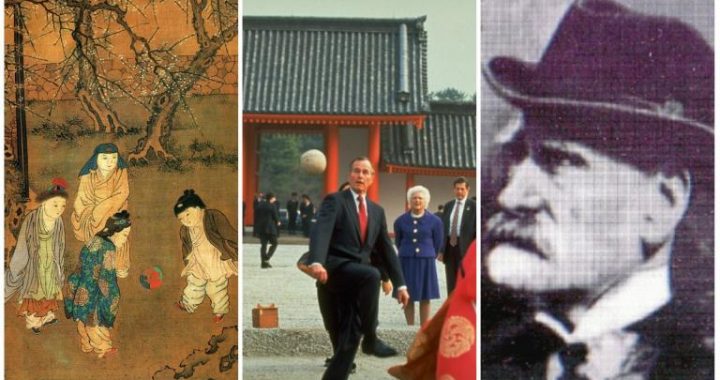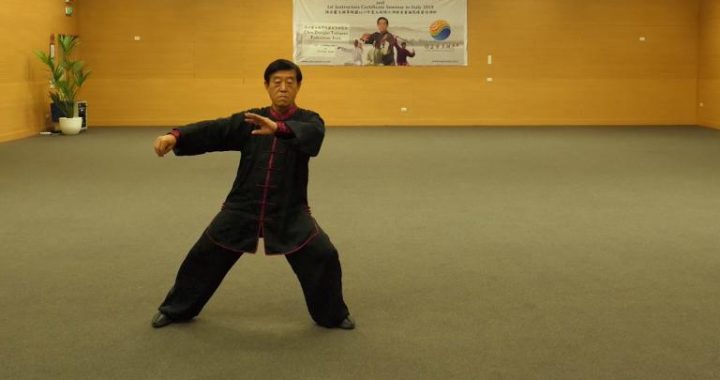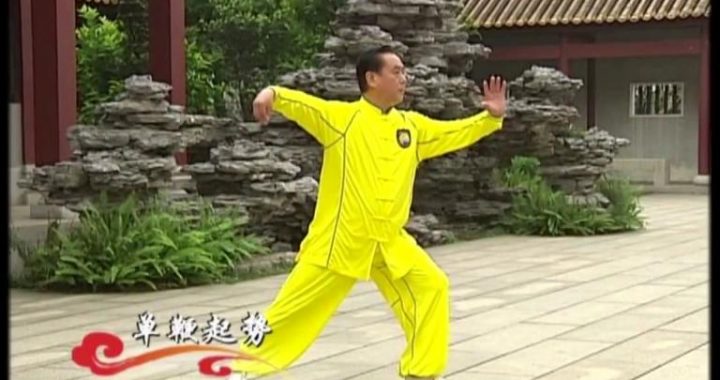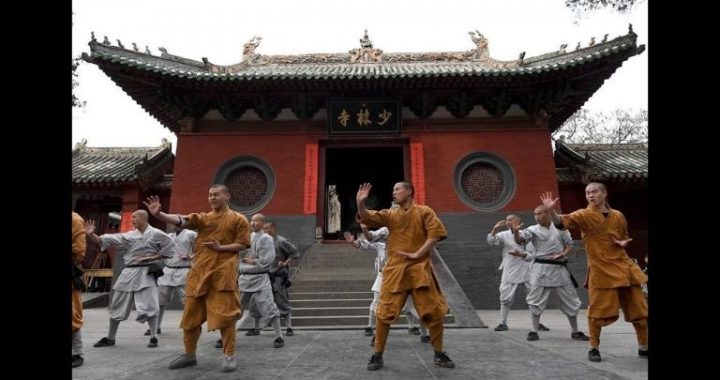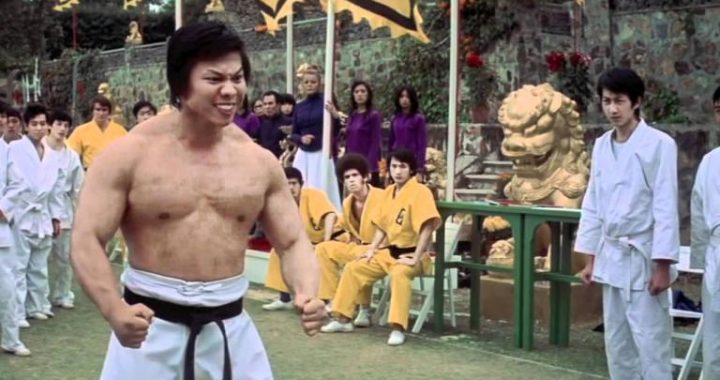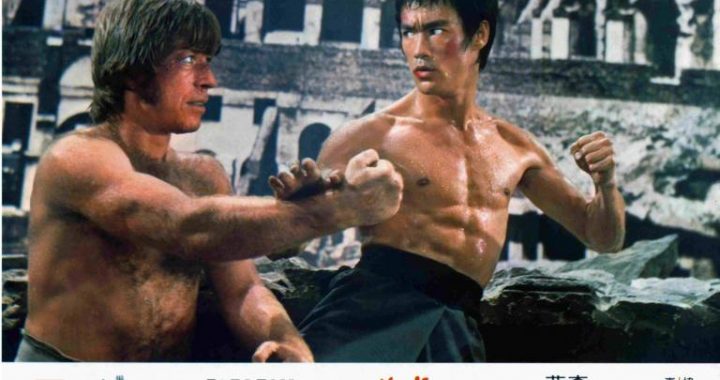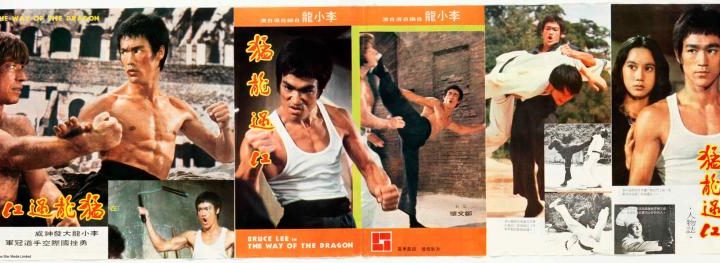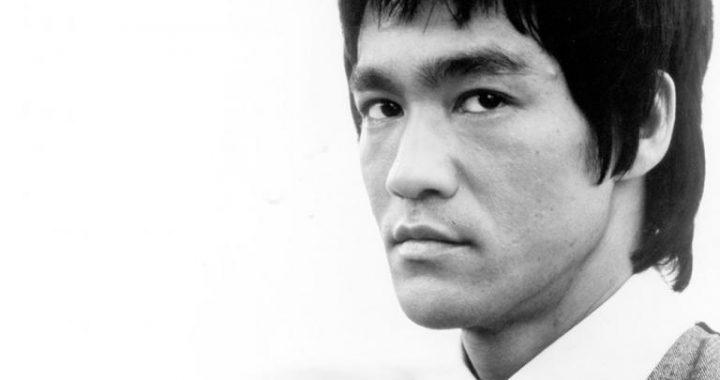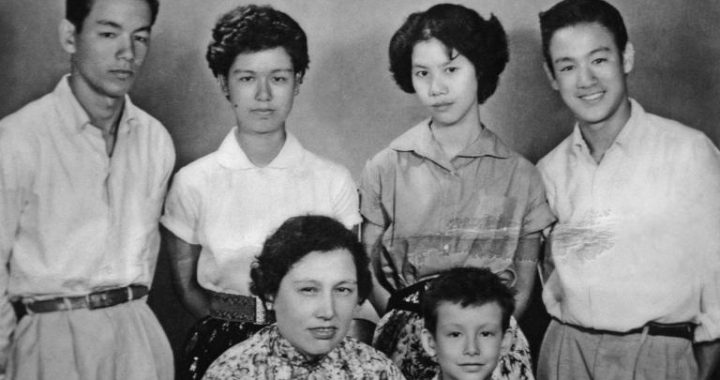Chinese Martial Arts and Other Fields
3 min readMartial Arts and Ancient Chinese Philosophy
Martial arts were developed under the great influence of ancient Chinese culture and they have benefited a lot from ancient Chinese philosophy. The Spring and Autumn Period was a golden age of academic study and resulted in different schools of philosophical thinking that would lay a solid foundation for the subsequent formation of Chinese culture. Ancient Chinese philosophy advocated the theory of Dao, and held that the Dao was connected with both the heaven and the earth and was the source of everything. Martial arts practitioners begin with the irregularity and infinity of Dao and seek to reach a stage in which he or she blends harmoniously with nature. The arts teach practitioners to train the inner spirit and mind as well as the external muscles, bones and skin. Martial arts stress the combination of the physical being with the mental being and emphasize a close relationship between physical exercises and the surrounding environment. Practitioners are advised to use different methods of exercises according to the changes of natural environment and the conditions of the body. These practices reflect martial arts understanding of the ancient philosophy: let the mind swing freely in Dao and the oneness of man and nature.
Chinese Martial Arts and Ancient Chinese Aesthetics Ancient Chinese aesthetics advocated a balance between hardness and softness, voidness and solidness, notion and stillness, and negative and positive, as well as the expression of the spirit of an object through its form. Under this influence, Chinese martial arts have formed their own aesthetic standards that incorporate a stage of conceptual contentment, harmony, and nature, as well as beauty and elegance. For example, Changquan(Long Boxing) featuresfully extended, elegant and unrestrained movements; Nanquan(South Boxing) demonstrates steadiness and momentum of movements; Shaolin Boxing expresses resolution and strength in its quick and rhythmical movements; and the beautifully and smoothly stringed movements of Taiji Boxing remind viewers of floating clouds and flowing streams.
A distinct aspect of Chinese martial arts is the advocacy of morals and emphasis on benevolence, fidelity and sincerity. Benevolence is the core of Confucianism. It includes love and generosity. As a result, practicing martial arts implies not only building health and strength, but also purifying one’s soul. Chinese martial arts work for those who are benevolent, brave, and courageous. The arts stress that the moral level of a practitioner is as important as his or her martial arts skills.
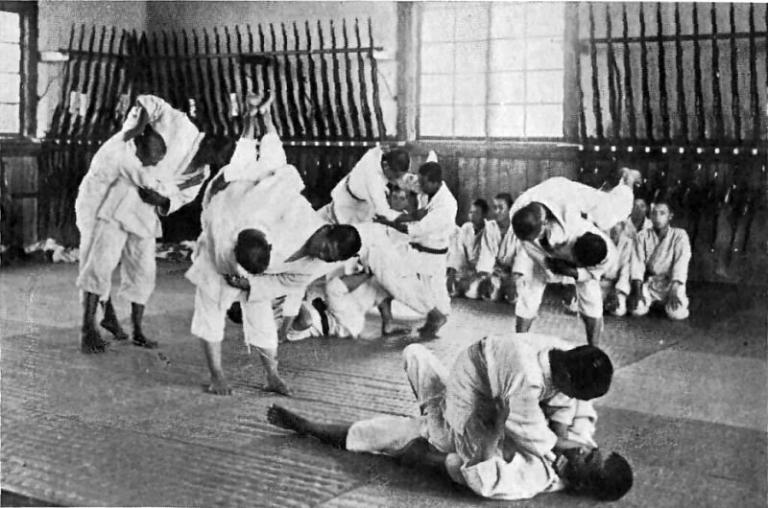
Martial Arts and Morality
Traditional Chinese schools of martial arts, such as the famed Shaolin monks, often dealt with the study of martial arts not just as a means of self-defense or mental training, butasa system of wude, which can be translated as “martial morality”and is constructed from two Chinese characters,”wu”which means martialand “de”which means morality. Wude deals with two aspects:”morality of deed”and “morality of mind”. Morality of deed concerns social relations; morality of mind is meant to cultivate the inner harmony between the emotional mind(Xin) and the wisdom mind(Hui). The ultimate goal is reaching no extremity(Wuji)(closely related to the Taoist concept of wuwei), where both wisdom and emotions are in harmony with each other.

